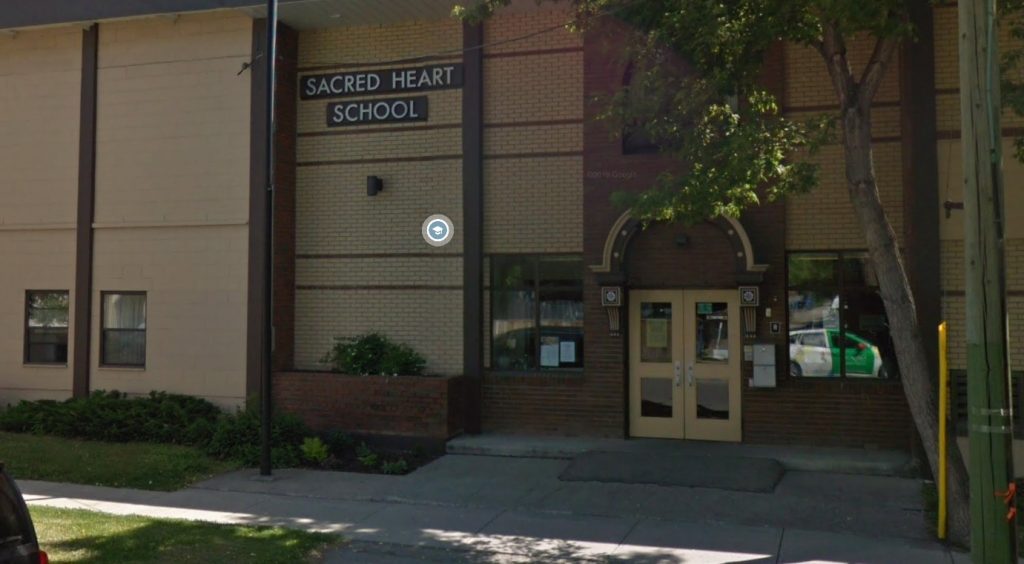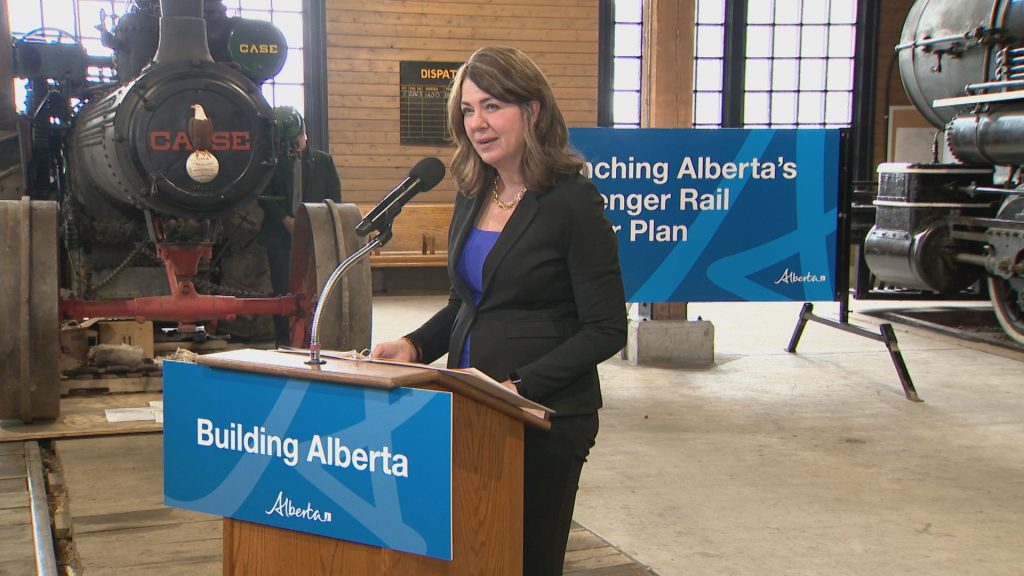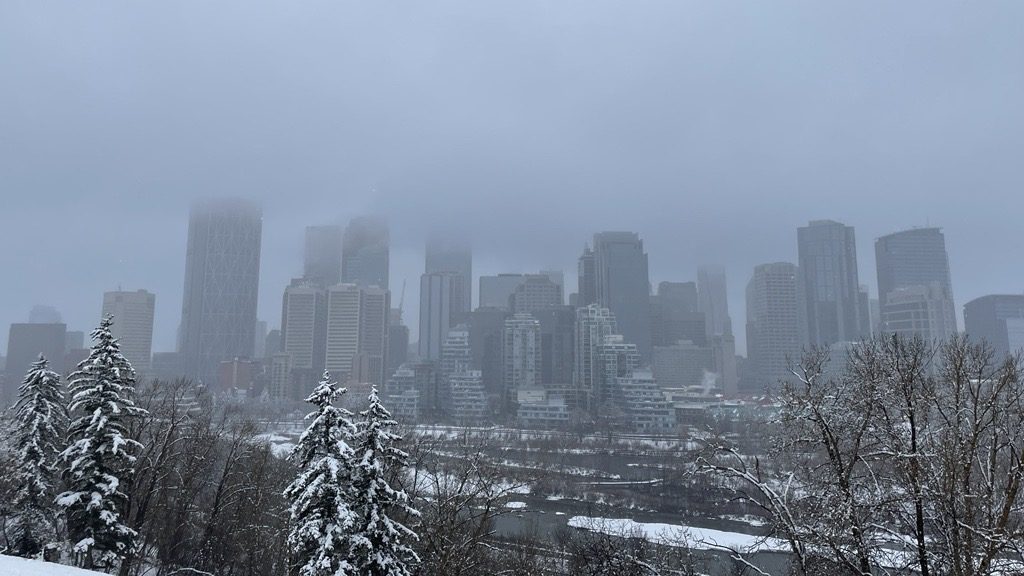Liberals table housing-focused budget with emphasis on generational fairness
Posted Apr 16, 2024 2:00 am.
Last Updated Apr 16, 2024 4:52 pm.
Despite massive spending on housing, the federal government will not go deeper into deficit than planned, thanks to better-than-expected revenues from personal income taxes and proposed changes to the taxation of capital gains that business groups warn could discourage investment.
Deputy Prime Minister Finance Minister Chrystia Freeland tabled a budget Tuesday that makes good on her promise to keep the deficit from growing without raising income taxes on the middle class, posting a projected deficit of $39.8 billion for fiscal 2024-25, just a hair below the $40 billion projected last fall.
The budget puts special emphasis on generational fairness and helping younger people – Millennials and Generation Zs — with programs to help renters and first-time home buyers.
READ MORE:
- Higher tobacco and vaping taxes offset drug plan spending in federal budget
- Federal government to begin exploring ‘halal mortgages’
- Ottawa looks to Canada Post land for building housing supply
“I certainly feel Canadians of my generation and older Canadians have a desire to see younger Canadians succeed and have the opportunities we had to succeed,” Freeland said in a press conference Tuesday.
She said she hears often from Canadians who worry their children or grandchildren won’t ever be able to buy a home.
“With the tax system that we have in place, a nurse or carpenter can pay tax at marginal rate that is higher than the marginal rate a multi-millionaire faces,” she said. “That’s not fair.”
The budget still includes $53 billion in new spending over five years, the majority of it previously announced in measures to accelerate the construction of new homes to address the housing supply crunch, provide meals to lower income school children and take the first steps to a national pharmacare program that will initially cover the costs of birth control and diabetes medications.
The spending is partially offset by what the government calls “tax fairness measures,” projected to bring in $18.2 billion in additional revenues over five years.
Since coming to power in 2015, the Liberal government has run a deficit every year. This year’s budget projects the deficit will fall to $20 billion by 2028-29 but sets no date to balance the books. By then, the government’s total debit is expected to rise by nearly $200 billion, to $1.37 trillion dollars.
Freeland maintains that Canada’s debt is manageable and, when expressed as a share of the size of Canada’s total economy, rates favourably compared to other peer countries.
But a leading business group turned thumbs-down on Freeland’s budget, saying it doesn’t address structural problems in the Canadian economy while discouraging much-needed investments.
“I’m worried the government is overspending again, in a pre-election setup, [with] higher interest rates and debt servicing cost being very high already and rising fast,” said Robert Asselin, senior vice president of the Business Council of Canada.
“With the tax-and-spend budget we’ve seen today, business investments and private investments will be more difficult to make in Canada because of higher taxes on capital.”
WATCH: Will Canada’s 2024 budget make a dent in the housing crisis?
Because of new spending that could have an inflationary effect, Asselin said the budget is unlikely to encourage the Bank of Canada to cut interest rates.
“This is not a budget that will substantially help Canadians in the short term,” said Asselin, a former advisor to former Liberal finance minister Bill Morneau.
Over the past few weeks, Freeland and Prime Minister Justin Trudeau repeatedly scooped their own budget with a series of announcements of $38 billion in spending, most of it on programs to speed construction of new homes and the infrastructure required to support them.
Much of the spending is backloading to later years in the five-year timeline. Measures aimed at building new homes, for example, will cost $250 million this year but rise to $1.3 billion annually by 2028-29.
A promised boost to military spending will bring up Canada’s total defence budget to $49.5 billion but not until 2029-30 and still below the target of 2 per cent of GST that members of NATO countries are committed.
Of the increased revenues, the government projects a big bump this year by raising the capital gains inclusion rate. Currently, Canadians pay taxes on 50 per cent of capital gains they receive from selling assets, such as businesses, some stock holdings and homes other than their primary residences.
The budget proposes to raise to inclusion rate from one half to two-thirds of capital gains in excess of $250,000, beginning in June, a move that it says would mostly target the most affluent.
But to encourage entrepreneurship, the government will grant a lifetime $2-million capital gains limit to be taxed at half the normal rate. The lifetime limit will be phased in $200,000 annual increments starting in January.
The government says the capital gains changes will affect only a small number of wealthier Canadians, an estimated 40,000 tax filers with an average income of $1.4 million each. But the expected rush of people taking capital gains before the higher inclusion rate takes affect will pump government revenues this year, helping Freeland to meet her deficit target.
“I think the business community will not be happy with the change to capital gains,” said Kevin Page, the former Parliamentary Budget Officer and currently a professor at the University of Ottawa.
“They will argue this is going to hurt investment, this is going to hurt productivity over the long run. It’s a much bigger budget than I think a lot people here today thought we were going to see.”
Freeland dismissed concerns about the potential effect of capital gains changes, saying Canada is doing well on attracting foreign investment compared to other G20 countries, and she notes that inclusion rate has been as high as 75 per cent in the past.
Although economy is slowing, the government says a strong labour market has delivered higher wages, with Canadian household earning more in inflation-adjusted amounts than before the COVID-19 pandemic. The labour participation rate is at historic highs, particularly among women, which the government attributes in part to its national child-care program.
With a higher level of employment, the government takes in more personal income taxes, expected to climb by 6.9 per cent, a figure partially offset by corporate income taxes dropping by 10.7 per cent.
And with wages rising, the government expects to take in an extra $2.6 billion in GST payments this year.
Although there had been speculation Freeland would consider special “windfall taxes” on highly profitable corporations such as grocery store chains or telecommunications companies, the budget didn’t propose any.
There is no adjustment to the increasingly contentious federal carbon pricing regime, but the budget says the government will move forward with a plan to rebate part of fuel taxes collected to small businesses – money businesses had been previously promised.
To further boost the housing supply, the government says it is looking at converting government buildings to residential homes, including land currently occupied by Canada Post outlets or surplus Canadian Armed Forces facilitiea. It will also create a $500 million fund to buy unused building from provincial or municipal governments for possible conversion to housing.
The emphasis on fighting climate change seen in past budgets is superseded by housing and affordability issues but the budget offers up $800 million over five years to help homeowners with low-to-medium incomes defray the costs of energy efficiency retrofits.
It will also give a $607.9 million top up over two years to a fund that provides federal rebates on the purchase of electric vehicles.
It also proposes action on the “Right to Disconnect” for workers in federally-regulated industries, putting up $3.6 million over five years for changes to labour rules that would limit work-related communication outside of scheduled hours. ¬
Like most budgets, this year’s document includes some so-called sin taxes. Smokers will face higher prices as the government implements a $4 per carton increase to the tobacco excise tax, on top of the scheduled inflation-based bump of $1.49 per carton that applied on April 1st. The planned increase to the excise tax on vaping products will also jump. The excise tax increases will reap the government an extra $1.65 billion over five years.










